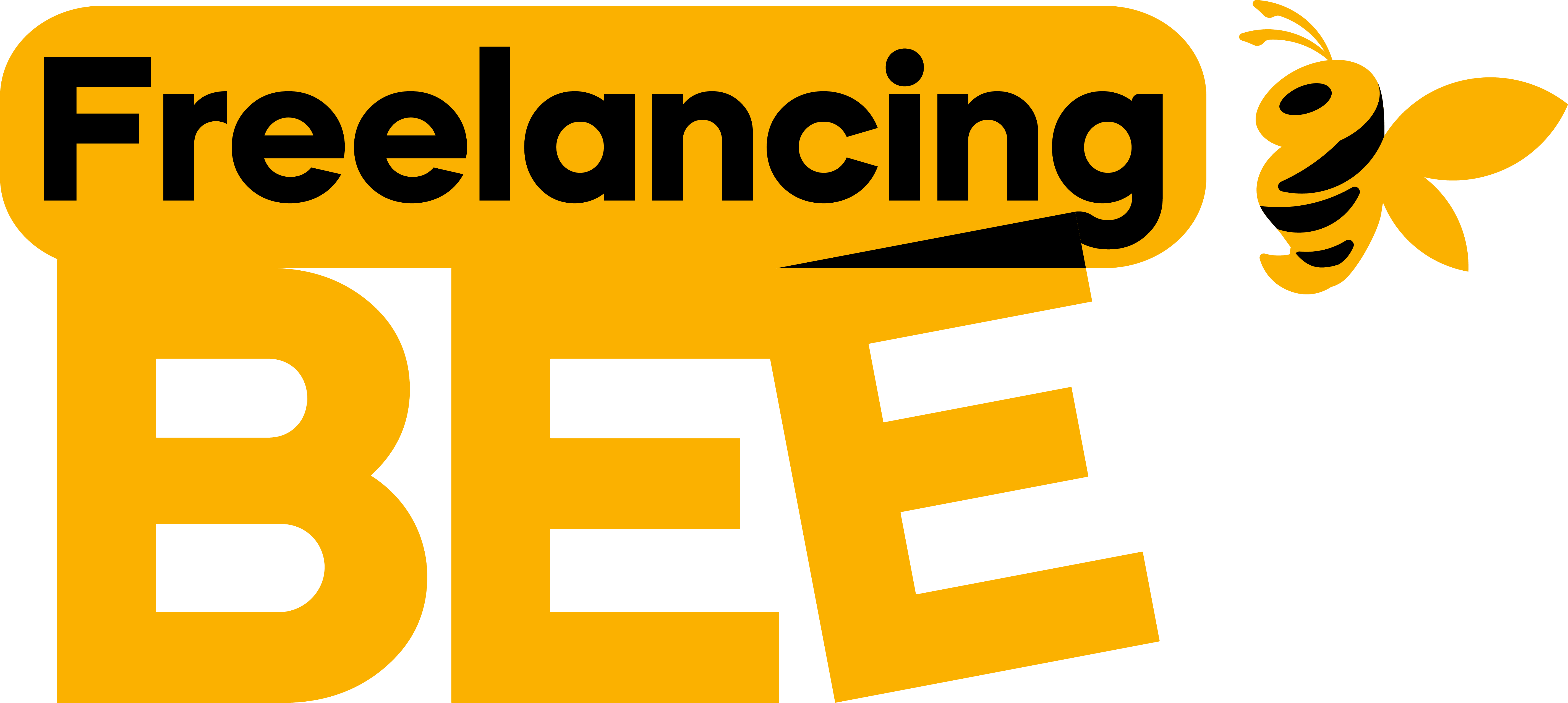
In the ever-evolving landscape of freelancing, success hinges not only on your expertise in a particular field but also on a diverse set of skills that enable you to navigate challenges, build strong client relationships, and thrive in a competitive market. Whether you’re a seasoned freelancer or just starting your journey, mastering these essential skills can make a significant difference in your career trajectory. Let’s delve into the ten key skills every freelancer should aim to master.
1. Communication Skills
Effective communication is at the core of successful freelancing. It encompasses not only your ability to convey ideas clearly but also active listening, understanding client requirements, and providing regular updates on project progress. Clear and concise communication helps build trust and fosters long-term client relationships.
2. Time Management
As a freelancer, managing your time efficiently is crucial to meeting deadlines and juggle multiple projects effectively. Utilize tools such as time-tracking apps or project management software to prioritize tasks, set realistic timelines, and maintain productivity without compromising on quality.
3. Self-Discipline
Freelancers often work independently, requiring a high level of self-discipline to stay focused and motivated. Establish a routine, set boundaries, and eliminate distractions to maintain a productive work environment. Self-discipline also involves the ability to manage workload fluctuations and handle periods of high demand effectively.
4. Adaptability
The freelancing landscape is dynamic, with trends, technologies, and client expectations constantly evolving. Being adaptable allows you to embrace change, learn new skills as needed, and pivot your strategies to remain competitive in the market. Stay open to feedback, iterate on your work, and embrace challenges as opportunities for growth.
5. Negotiation Skills
Effective negotiation skills are invaluable for freelancers when discussing project terms, rates, and scope with clients. Develop the ability to advocate for fair compensation, set clear expectations, and negotiate contracts that align with your expertise and value. Balancing assertiveness with flexibility can lead to mutually beneficial agreements.
6. Financial Management
Freelancers must manage their finances responsibly to ensure a stable income and long-term financial health. Create a budget, track expenses, set aside savings for taxes and emergencies, and establish clear payment terms with clients to avoid cash flow issues. Consider consulting with a financial advisor or using accounting software to streamline financial management processes.
7. Marketing and Branding
Promoting your services effectively is essential for attracting clients and establishing a strong personal brand as a freelancer. Develop a professional portfolio showcasing your work, leverage social media and networking platforms to connect with potential clients, and invest in marketing strategies such as content creation, SEO, and client testimonials to enhance visibility and credibility.
8. Problem-Solving Skills
Freelancers often encounter challenges during projects, from technical issues to client feedback revisions. Cultivate strong problem-solving skills by analyzing problems systematically, seeking creative solutions, and collaborating with clients and peers when necessary. Embracing challenges as opportunities to learn and improve strengthens your problem-solving capabilities over time.
9. Client Management
Building and maintaining positive relationships with clients is key to a successful freelancing career. Practice active listening, respond promptly to inquiries and feedback, provide regular updates on project milestones, and deliver high-quality work that exceeds client expectations. Excellent client management leads to repeat business, referrals, and a positive reputation within your industry.
10. Continuous Learning
The freelancing journey is a continuous learning process that requires staying updated with industry trends, technologies, and best practices. Invest in ongoing education, attend workshops, webinars, and conferences, and seek feedback from mentors and peers to enhance your skills and stay ahead in your field. Embracing lifelong learning fosters professional growth and opens up new opportunities for freelancers.
In conclusion, mastering these ten essential skills can empower freelancers to thrive in a competitive and ever-changing market. By honing communication, time management, self-discipline, adaptability, negotiation, financial management, marketing, problem-solving, client management, and continuous learning skills, freelancers can build successful and sustainable careers that fulfil their aspirations and contribute to their professional growth.

